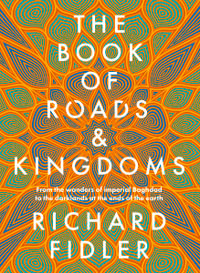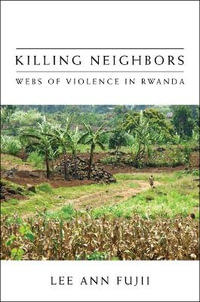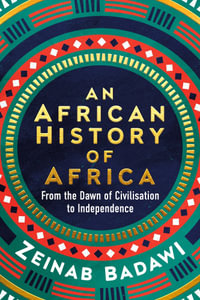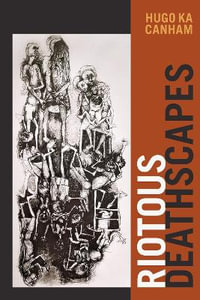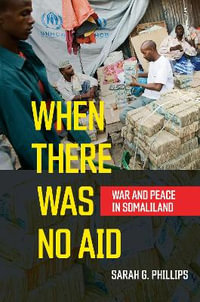'A timely book which draws on oral testimonies to examine life for working people in modern Africa under a neoliberalism imposed from outside of the continent. The authors, who draw on case studies from South Africa, Zimbabwe, Uganda, and South Sudan, eloquently demonstrate that neoliberalism functions solely to make the rich richer and the poor poorer and has worsened conditions for much of the continent. However, the most important commentators are those who provide their testimonies, often impoverished and exploited women, whose struggles demonstrate the need for and the possibility of peoples' empowerment.'
Professor Hakim Adi,
British Historian and Scholar
'The volume presents a powerful expose of oral histories in Africa that foreground people's daily experiences of grappling with their livelihoods under neoliberalism. Ethnographic cases from southern and eastern Africa reveal how people's family and work lives intermingle with broader economic realities, while shaping subjectivities and agency as people navigate dominant narratives and institutions. The book offers novel insights into the still often neglected role of oral histories and storytelling as a tool of social analysis and advances perspectives that contribute to pivotal ongoing debates in a range of disciplines, including anthropology, history, and political economy.'
Dr Daivi Rodima-Taylor,
Boston University, US
'This collection of research about the lived experiences of workers in some of the neoliberal economies of Africa demonstrates Oral History's power in documenting working lives. Drawing on a wide range of case studies and methods, the authors convincingly argue that African experiences are central to an understanding of the workings and effects of global capitalism - and possibilities of resistance - in the late 20th and 21st centuries. Their innovative research will stimulate Oral Historians' debate on life under neoliberalism well beyond Africa. Reinvigorating the field with urgent questions about Oral History's role in documenting individual lives and social structures, the authors highlight Oral Historians' ability and responsibility to speak truth to power in a world that is characterized by an ever-increasing and breathtakingly obscene inequality.'
Professor Alexander Freund,
University of Winnipeg, Canada



